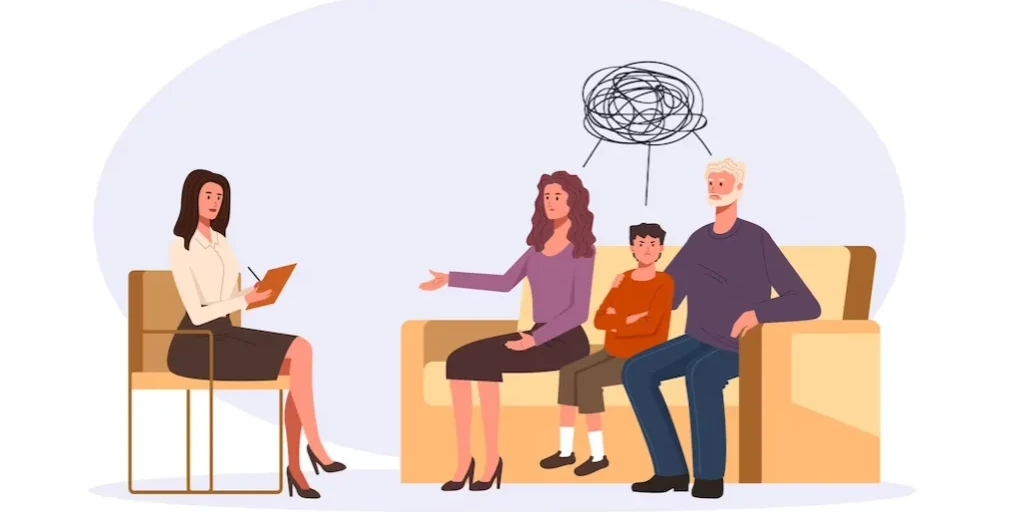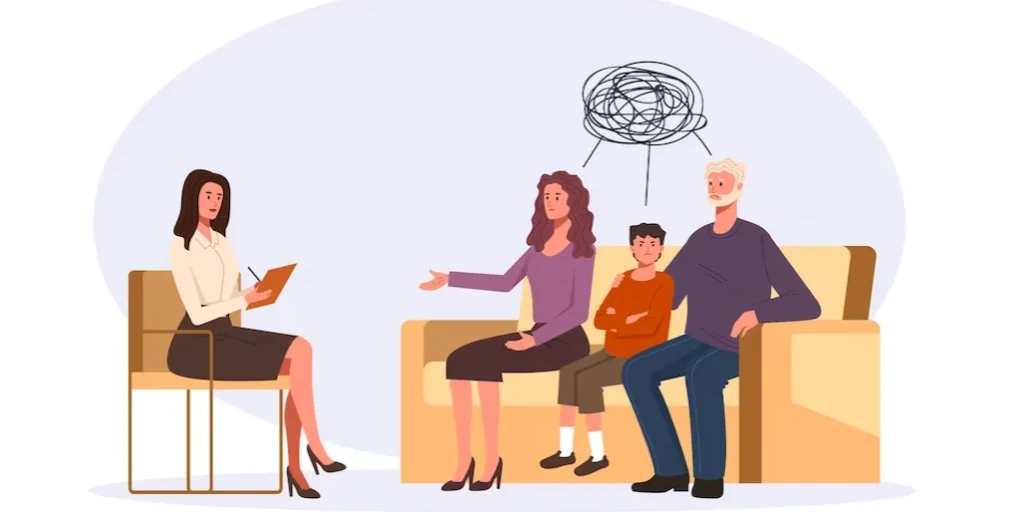24/7 Helpline:
(866) 899-111424/7 Helpline:
(866) 899-1114
Learn more about Depression Treatment centers in Chestertown
Depression Treatment in Other Cities

Other Insurance Options

CareFirst

Lucent

Choice Care Network

Sutter

BlueShield

Private insurance

Absolute Total Care

Health Choice
Beacon

Cigna

Holman Group

GEHA

ComPsych

AllWell

Providence

Carleon

American Behavioral

Self-pay options

BHS | Behavioral Health Systems

Sliding scale payment assistance

Kent County Behavioral Health – A. F. Whitsitt Center
Kent County Behavioral Health is an accredited dual diagnosis and addiction rehab center located in ...

For All Seasons
For All Seasons provides a full continuum of bilingual outpatient behavioral health services and off...

Eastern Shore Alano Club
Eastern Shore Alano Club is a non-profit rehab located in Chestertown, Maryland. Eastern Shore Alano...

Corsica River Mental Health Services – CRMHS Chestertown
Corsica River is a non-profit mental health and substance abuse clinic providing treatment to all mi...

CBH Chestertown: Kent County
CBH Chestertown: Kent County is a public rehab located in Chestertown, Maryland. CBH Chestertown: Ke...








































































































































